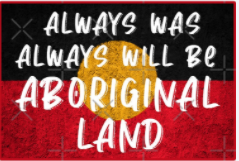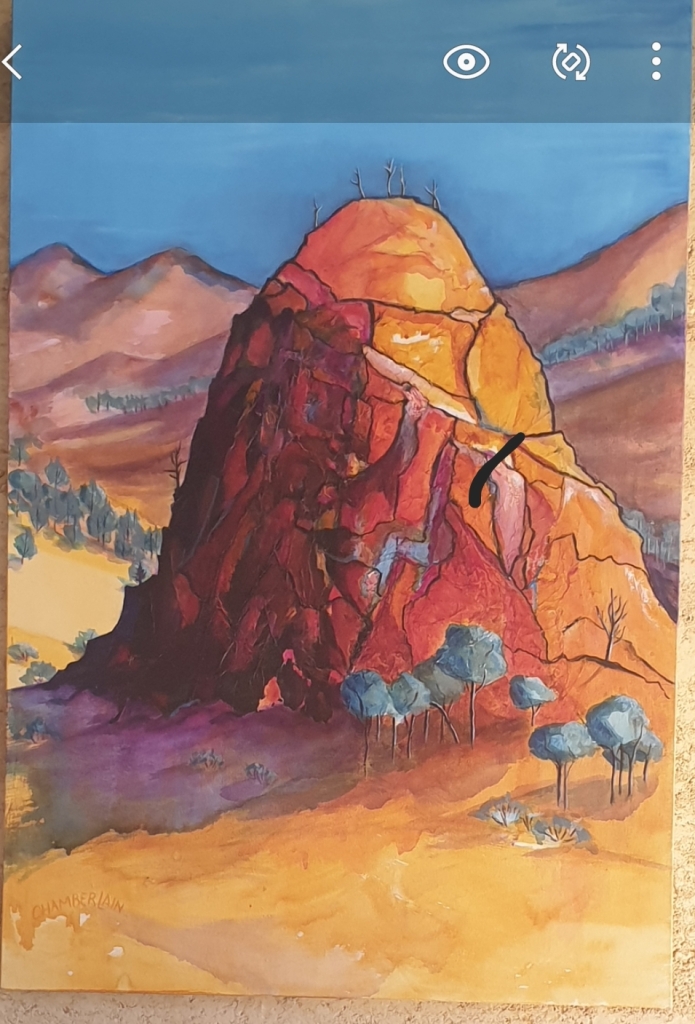On the cusp of spring, the winds and rains are starting to shift and the native trees and plants begin their dances to mark the new season’s arrival. The deciduous trees are beginning to wake up. It is a time of co-existence in the landscape, a mixture of howling banshees and musical notes from the nesting magpies as a constant reminder of our inheritance of the land and settler arrivals. Holding all space for all this diversity there are edges forming in the garden and in my heart. I am calling this the politics of grief.
Others have written and talked about the politics of grief in the phenomena of talking about war, September 11 and other acts of terrorism, the way trauma is used to weaponize public policy to justify budget spends on national security measures or more creatively and kindly with gun buy-backs (think Port Arthur). In the case of our common destiny in this land, there is so much unfinished business, I really don’t think we can move forward without some reckoning at the grief doorstop. To hold ourselves in sadness and notice, accept and recognise the losses. Nations who have lost their language, rituals, food sources, habitat; other species who are now extinct, or under the threat of extinction. There is mourning to be done.
I have deep personal experience of grief and there are so many layers. The layers of loss that come with the understanding and new learning of what you have actually lost takes you deeper and deeper into meaning of what makes you, what holds you and what carries you forward. There is an accounting to be done, a balance sheet to be examined, some kind of delving deeply into the price and values of the loss. There is a settling up.
In Australia this settling up is our unfinished business. We need to examine what is actually on that balance sheet and given those who have gone before us in the settlement business how might we be held to account? This week I had a handyman come and do some odd jobs for me. He is involved in a local biodiversity project and he couldn’t help but notice the art in my place and sign of respect for Kaurna on the entrance to my house. He told me that everytime their volunteer team start work in restoration on a new part of the bush, local Aboriginal leader offers a smoking ceremony for them. He told me he doesn’t understand why they are so angry, it was so long ago. I was taken back by his inability to see all of the connections and to join the dots of justice being seared into the experience of the volunteers. I offered up a few gentle thoughts and a couple of questions. These are the conversations of the politics of grief. To bring honour to the pain of the past and the continual stripping away of lacquered over pain in the now. It is a truth that I live on stolen land, there has never been a treaty, a settlement and there is reckoning to be had. There is payment to be made, my slight discomfort in having a tricky conversation is not even a downpayment. I get rewarded by my peers for doing these little acts …. really? This is my privilege. It is my responsibility.
Taking instruction from the landscape and tuning in to the elements is what I am feeling apprenticed to at the moment. The land and the people of this land have suffered, are suffering and ways forward perhaps will open once we, as settlers, feel the grief, wallow in it and discover all that there is in the layers being peeled back. There is a kind of root cause analysis that comes with the politics of grief that takes us to colonialism and racism, sexism and a lack of centrality for creation. In the reckoning just settlement might be possible but I can’t see us getting there without entering a time for the politics of grief to be leverage to create new ways ahead. Standing with the grief stricken, sitting in the pain, shifting and rewiring the tears to witness the birth of a new way forward feels like a precondition to justice to me.




